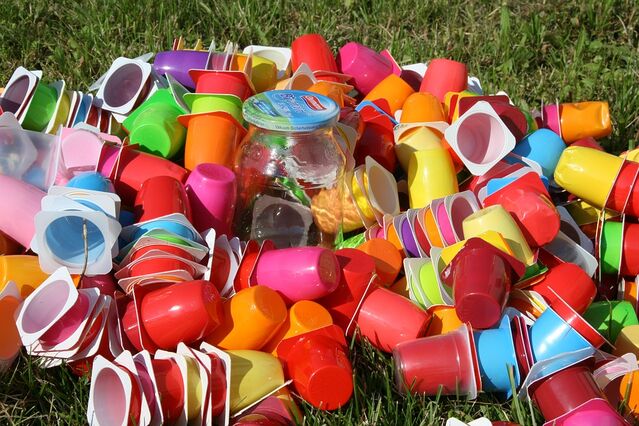Decision-Making
3 Types of Data Garbage
Not all information is reliable for decisions.
Posted October 18, 2021 Reviewed by Michelle Quirk
Key points
- When dealing with information, faulty inputs produce misleading outputs.
- If certain crucial details are not accurate, then the lessons we learn from them suffer.
- Certain lessons may be data-approved, but that doesn’t mean that they won’t expire.

More information is better for decision making... ideally. But can it also make things worse?
When dealing with information, a famous notion is garbage in, garbage out. Faulty inputs produce misleading outputs. But it’s important to acknowledge that not all garbage is the same. When recycling, for example, we classify so that not all our garbage is treated identically. Different types require different methods.
There are three main issues to consider:
1. Inaccuracy
What if we have plenty of information but there are reporting or measurement errors in the data? For instance, success stories can feature embellishments and depend on who is telling the story. If certain crucial details are not correct, then the resulting lessons suffer.
To mitigate this issue, we need to assess the nature of the measurement errors and adjust our interpretation of the results accordingly. If the errors are considerable, we might have to go back to the drawing board and look for details that represent the situation more accurately.
2. Bias
What if the data we have are accurate, but certain parts of the information are missing? For instance, we may know more about successes than failures, which tend to remain hidden. We may also observe outcomes but not the processes behind them. And some important details might be hard to measure in the first place, like customer satisfaction or employee loyalty.
To mitigate this issue, we need to be aware of the missing information and then estimate its possible effects on the results. If certain aspects are completely ignored, we would need to uncover them and add their details to the analysis to have a glimpse at a bigger picture.
3. Irrelevance
What if the data we have are both accurate and complete, but information about the past doesn’t represent the future? If there’s a lot of noise, then our findings wouldn’t be much help with predictions. Or if there’s a dramatic change, then what has taken place in the past would become obsolete. But the knowledge we gain in hindsight would likely make us overconfident about our prospects.
To mitigate this issue, we need to allow for the possibility of data-based insights being irrelevant. Certain lessons can be data-approved, but that doesn’t mean that they won’t expire. And just because we can analyze a situation in great detail after the fact doesn’t provide us oracle-like abilities for the upcoming shocks and changes.
To make things even more complicated, these three problems — inaccuracy, bias, and irrelevance — aren’t mutually exclusive. They can be present simultaneously and lead to misperceptions while providing an illusion of better understanding.
There's a famous quote, “Data is like garbage. You'd better know what you are going to do with it before you collect it.” But that’s not enough. To make better-informed decisions, we should also check for possible types of garbage we are collecting.
References
McFarland, D. A., & McFarland, H. R. (2015). Big data and the danger of being precisely inaccurate. Big Data & Society, 2(2). https://journals.sagepub.com/doi/pdf/10.1177/2053951715602495
Soyer, E., Pauwels, K., & Seggie, S. H. (2019). Big and lean is beautiful: A conceptual framework for data-based learning in marketing management. In Marketing in a Digital World. Emerald Publishing Limited. http://marketingandmetrics.com/wp-content/uploads/2020/06/47.-BIG-AND-L…
Soyer, E., & Hogarth, R. M. (2020). The Myth of Experience: Why We Learn the Wrong Lessons, and Ways to Correct Them. PublicAffairs.
Taleb, N. N. (2008). The fourth quadrant: a map of the limits of statistics. An Edge original essay, Edge. https://www.edge.org/conversation/nassim_nicholas_taleb-the-fourth-quad…


